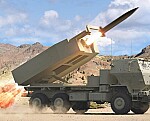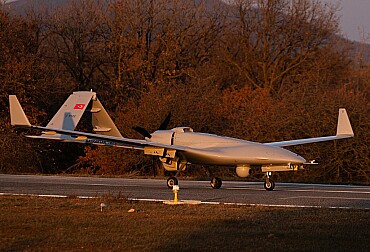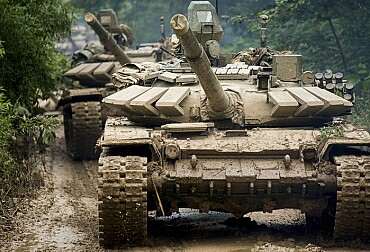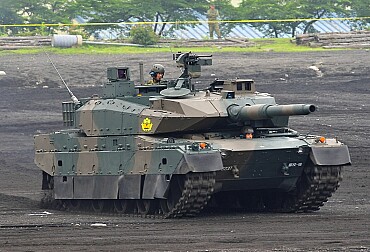NATO-Ukraine Council: the security situation in the Black Sea and the importance of Ukraine for EU and NATO security
The security situation in the Black Sea and the surrounding region has become a pressing issue for NATO and its allies. In response to Russia's aggressive actions, Ukraine has become an important partner for the Alliance. Russia has recently abandoned the grain deal and has targeted Ukraine's agricultural exports, on which hundreds of millions of people around the world depend for their livelihoods. The Alliance and Ukraine have strongly condemned Russia's recent missile attacks on the cities of Odessa, Mykolaiv and other port cities. The allies also highlighted the drone attack on a Ukrainian grain storage facility in the town of Reni, near the Romanian border. These events fundamentally undermine regional stability and threaten the security of the Black Sea as well as the allied space.
At the NATO-Ukraine Council, the Alliance underlined its full solidarity with its eastern allies in the Black Sea region and the importance of supporting Ukraine. NATO notes that Russia bears full responsibility for its dangerous and escalating actions in the region. Russia's use of the practice of famine-mongering as a weapon, which involves blackmailing the world's population, is of the gravest concern. Russia is also seriously threatening the stability of the Black Sea region, an area of strategic importance to NATO. The allies remain committed to providing military, economic and humanitarian assistance to Ukraine and remain fully prepared to protect every inch of their territory from any aggressor.
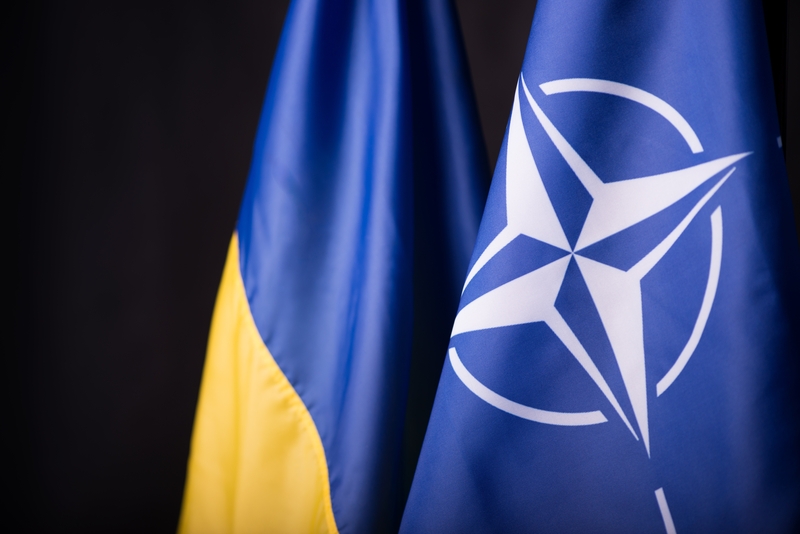
The second meeting of the NATO-Ukraine Council, which followed two weeks after the first initiation meeting at the Vilnius Summit, saw an in-depth discussion of the current security situation in the Black Sea and surrounding regions. The NATO-Ukraine Council was introduced at the Vilnius NATO Summit as part of the support package for Ukraine. This package includes a long-term programme of assistance to help Ukrainian armed forces become fully interoperable with allied forces, as well as confirmation that Ukraine's membership of NATO will be possible once the allies reach consensus and the conditions set out are met.
Russia's aggression against Ukraine and the subsequent war have raised serious security concerns in the Black Sea region. NATO and Ukraine have previously engaged in consultations on the security situation and allied support. The Alliance has expressed its full support for the sovereignty and territorial integrity of Ukraine, and has stressed that they will coordinate their reinforcement of support to Ukraine.
The loss of Crimea and the military intervention in eastern Ukraine constituted a violation of international law and the principle of sovereignty and territorial integrity of a sovereign state. These events have indicated that Russia is willing to violate international norms and use force to achieve its power objectives. These facts have raised concerns about stability in the region and reinforced the need for NATO and the EU to work with Ukraine to support its security and sovereignty.
Ukraine's security is a key element for stability in the entire Black Sea region and beyond. Instability in Ukraine can have negative consequences for neighbouring countries, including NATO and EU member states.
The security situation in Ukraine is also linked to the issue of energy security and energy supply on a European scale. The Black Sea region is of strategic importance for the transit and supply of energy, and it is therefore important to maintain stability and security in this region. The interdependence on energy flows between NATO and EU member states requires that the security situation in Ukraine be closely monitored and addressed.
It is crucial for NATO and the EU to support Ukraine in strengthening its defence capabilities and its ability to resist Russian aggression. Allies must be ready to provide military, economic and humanitarian assistance to Ukraine to support it in protecting its territory and sovereignty.
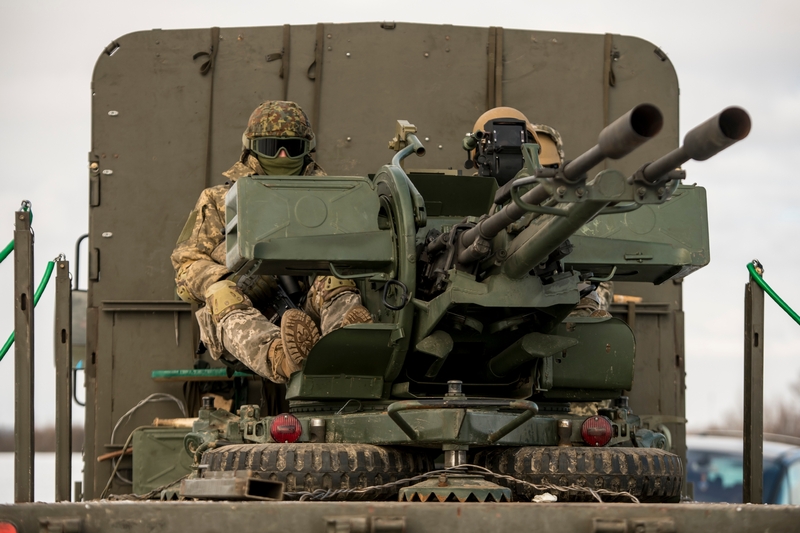
At the same time, it is important to strengthen cooperation between NATO and the EU on the security situation in Ukraine and the Black Sea region. Joint coordinated action can lead to strengthening security and stability in Ukraine and ensure that the entire region is protected from Russian aggression.





